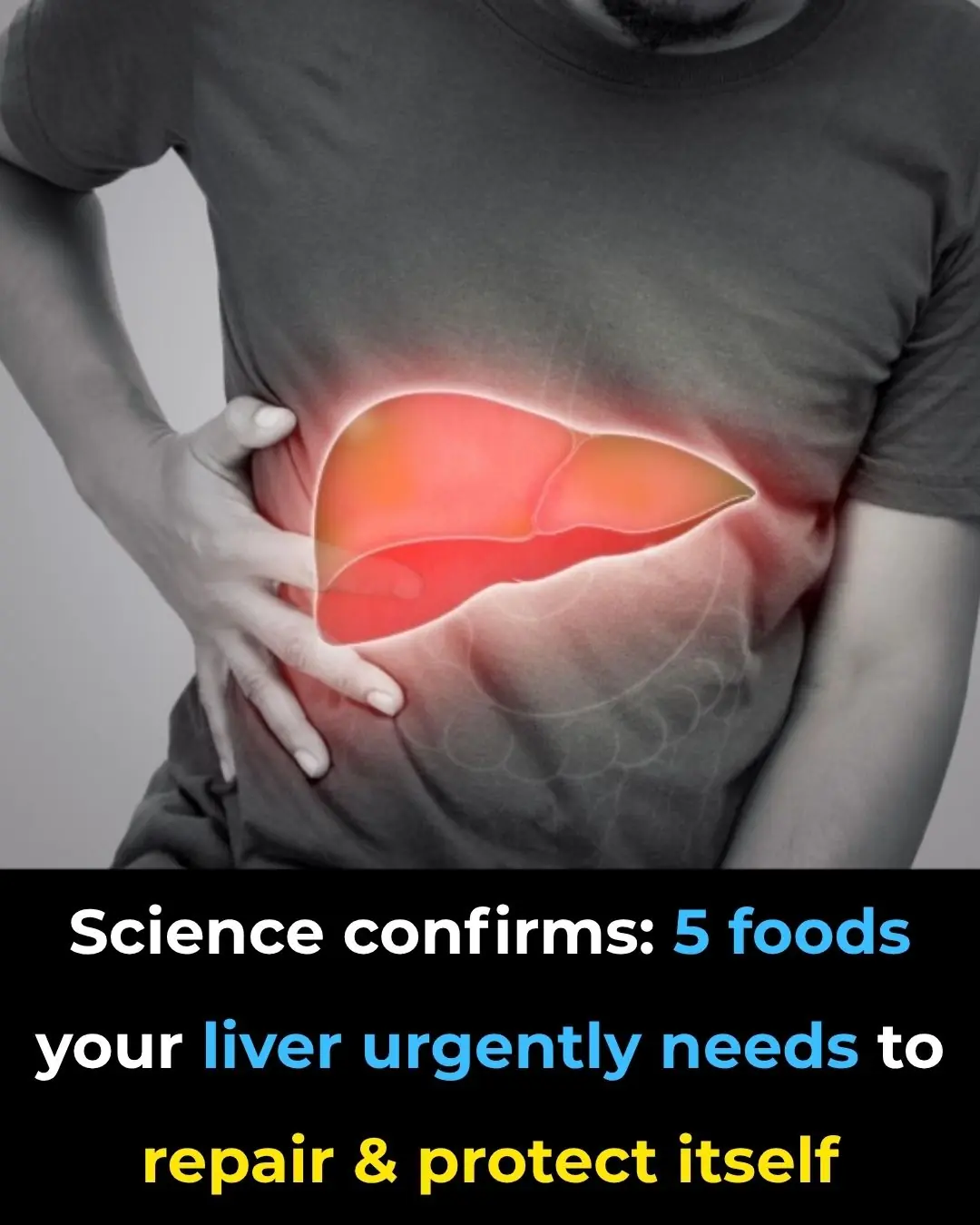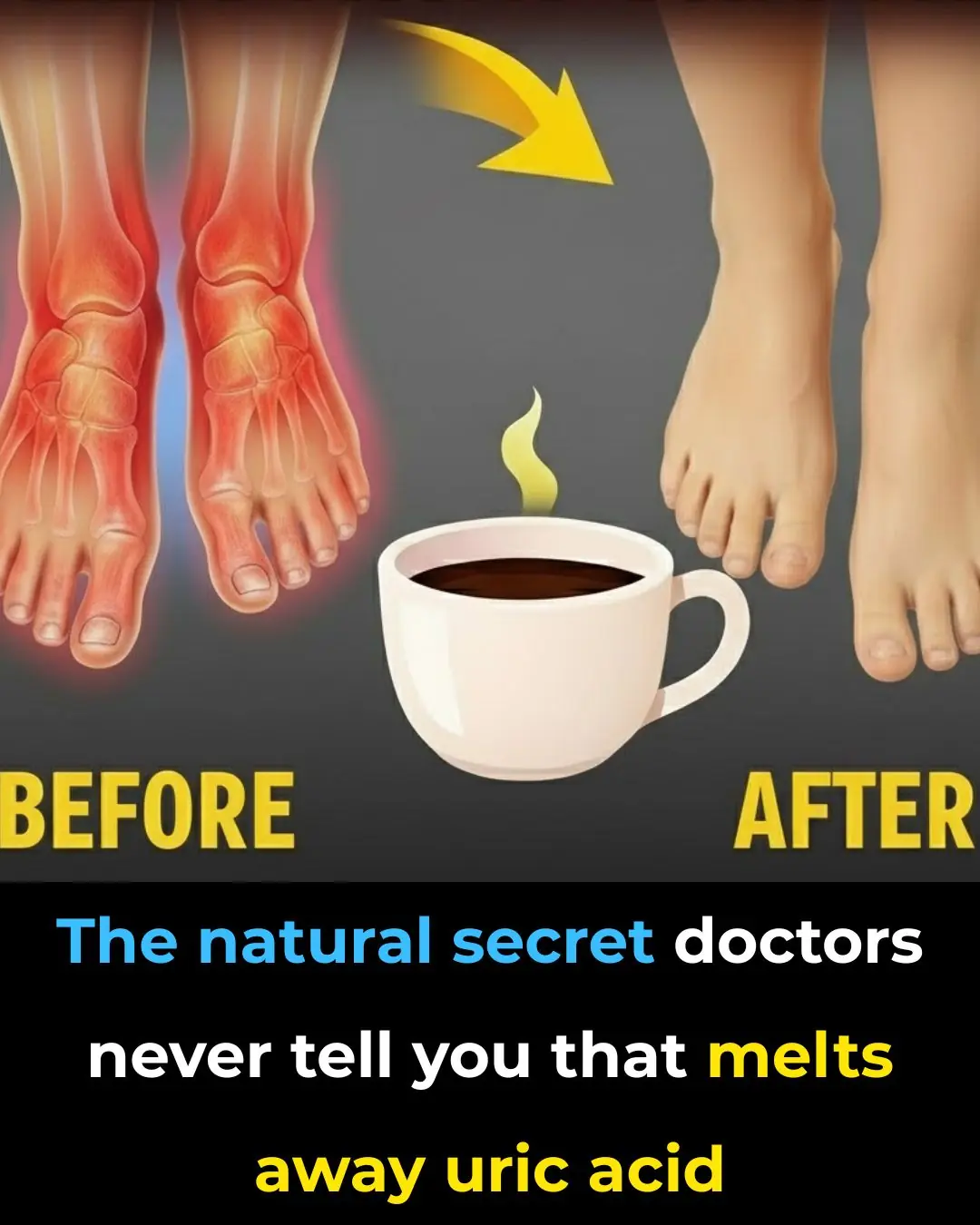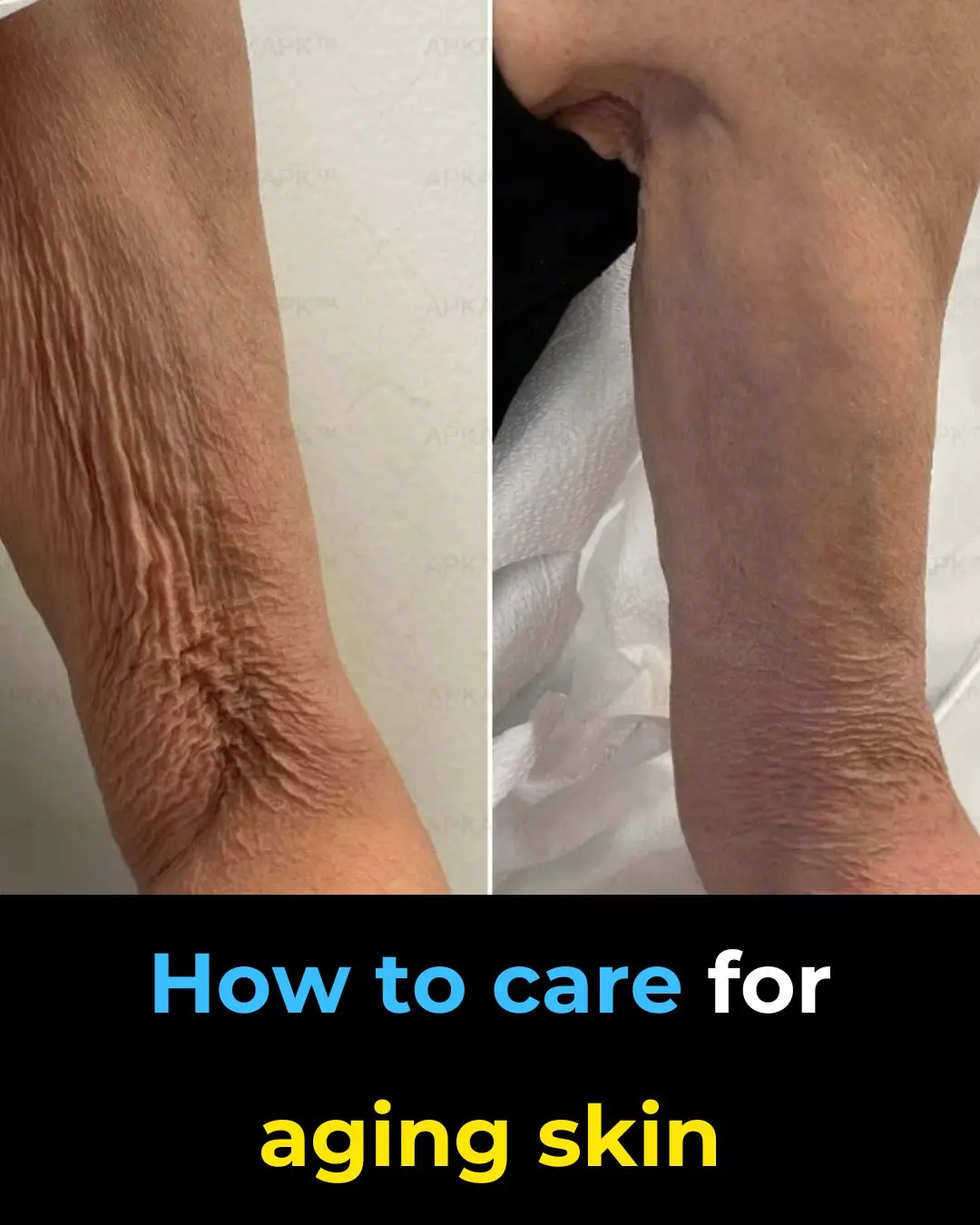
7 Common Health Issues That Keep Appearing Could Be Early Warning Signs of Cancer
A 48-year-old male patient in China was diagnosed with advanced-stage lung cancer. When reviewing his medical history, the treating physician, head of department at Chu Châu Central Hospital, highlighted a critical mistake: the patient had ignored warning signs from his body for over three months.
“The patient caught a cold more than three months ago and then developed a dry cough, but he dismissed it as just lingering symptoms,” the doctor explained.
Additionally, the patient had a history of smoking since the age of 18, which caused severe damage to his lungs.
From this case, doctors emphasize that the body often sends subtle warning signals long before a serious disease develops. Many early symptoms are mild and easily overlooked. Medical experts advise that if you frequently experience any of the following seven symptoms, you should undergo medical evaluation promptly.
1. Recurrent Headaches
Tumors can develop in the brain. Some are primary, such as gliomas, meningiomas, or malignant intracranial tumors, while others are secondary, spreading from cancers like lung, colorectal, stomach, or breast cancer.
Regardless of type, any tumor located in the brain can cause persistent or worsening headaches. Continuous or severe headaches should always prompt a timely medical examination.
2. Persistent Dry Cough
One of the earliest symptoms of lung cancer is often not chest pain, coughing up blood, or shortness of breath—it’s a persistent dry cough. Unfortunately, many people dismiss it as a cold, allergies, or bronchitis, delaying critical early diagnosis.
3. Persistent Abdominal Pain
The abdomen houses multiple organs, including the liver, stomach, gallbladder, pancreas, small intestine, and colon. Cancer in any of these areas can cause ongoing abdominal pain. Pain due to tumors usually worsens over time and may eventually require strong painkillers to manage—a serious warning sign that should not be ignored.
4. Unexplained Weight Loss
Sudden, unexplained weight loss is a common indicator of cancer. In late-stage cancer, patients often experience rapid weight loss accompanied by malnutrition or cachexia. Early attention to gradual, unexplained weight loss can help detect cancer sooner.
5. Fatigue
Cancer-related fatigue can result from multiple factors. Blood loss or nutritional deficiencies can lead to anemia, causing exhaustion. Some cancers reduce appetite, further worsening fatigue. Tumors may also disrupt sleep patterns, contributing to chronic tiredness.
6. Frequent Minor Illnesses
Cancer can weaken the immune system. When immunity is compromised, the body’s defense against viruses and bacteria diminishes, leading to repeated infections of the respiratory, digestive, or urinary systems. Frequent minor illnesses may signal early immune suppression caused by cancer.
7. Loss of Appetite
Tumors can release toxins that suppress appetite. As cancer spreads, even organs like the liver may be affected, leading to additional digestive issues and abnormal loss of appetite. Early signs often go unnoticed until significant organ involvement occurs.
Subtle Neck Signs That Could Indicate Cancer
Early-stage cancer often manifests subtle signs in the neck region. Paying attention to changes in your neck can help detect cancer in its initial stages when treatment is most effective. Key warning signs include:
-
Changes in Skin Color: A darkening of neck skin may indicate liver or stomach cancer due to toxin accumulation when organs are compromised.
-
Lymph Node Swelling: Enlarged, firm, or painful nodes could suggest early-stage cancer or lymph node involvement.
-
Pus or Acne-Like Bumps: Red, itchy bumps around the neck may signal active cancerous cells.
Habits That Help Reduce Cancer Risk
Maintaining a healthy lifestyle strengthens the immune system and lowers cancer risk. Key practices include:
-
Adequate Sleep: Sleep from 11 PM to 3 AM is critical for cellular repair and detoxification.
-
Regular Health Check-Ups: Annual check-ups allow early detection of abnormalities before serious issues develop.
-
Healthy Diet & Supplements: Balanced nutrition supports immunity and helps prevent chronic diseases.
Proper Rice Storage to Avoid Health Risks
Rice is a staple in Vietnamese households, but improper storage can lead to contamination, nutrient loss, and even carcinogenic risks. Common mistakes to avoid include:
-
Storing Rice in Original Packaging: Bags may not be airtight or suitable for long-term storage.
-
Leaving Rice Unsealed: Exposure to moisture and insects can lead to bacterial contamination, such as Bacillus cereus, which causes food poisoning.
-
Storing Rice in Damp or Hot Areas: High humidity and heat can degrade rice quality and promote mold or bacterial growth.
By correcting these storage habits, you reduce unnecessary health risks and support long-term wellness.
Summary: Observing your body’s subtle changes, especially recurring minor symptoms, can help identify cancer at an early stage. Combined with a healthy lifestyle and proper food storage, early detection greatly increases the chances of effective treatment and long-term health.
News in the same category


Small Life Hacks That Can Be Life-Saving

How to Sharpen Dull Scissors Without a Sharpening Stone: Simple and Effective Method

When Staying Alone in a Hotel: Place Two Cups on the Door Handle – A Small Action with Big Benefits

15 Things You Should Never Do to Protect Yourself from Lightning During Thunderstorms

To cook any kind of fish, just add a handful of these leaves: the fish will lose all its fishy smell and the meat will be rich and firm.

Great tips when growing pothos, in just 3 months the plant will form a beautiful green carpet

The washing machine makes loud noises and shakes violently when spinning: Don't rush to call a repairman, just do this and the machine will run smoothly.

Defrosting meat without soaking: Chefs reveal how to make delicious meat while preserving nutrients

If the beans are cooked quickly, they will be soft and delicious in no time, saving gas/electricity.

Tea left overnight is such a waste: It has 4 great uses that very few people know about.

Banana flower – from pig food to Asia's number 1 delicacy: Revealing 2 simple ways to make it

Bathroom tiles are often moldy, dirty, and yellowed: Here are 5 cheap tips to help keep your bathroom tiles clean and shiny.

Denver Bans the Sale of Dogs, Cats, and Rabbits, Paving the Way for More Shelter Adoptions

Foods You Should Never Put In Your Air Fryer

How to Store Ginger to Keep It Fresh for Longer

Why You Should Never Pour Hot Water Into Your Kitchen Sink

Ripe bananas left for too long can easily turn black and become soft. Do this to keep the bananas fresh for a long time and retain their flavor.

Mistakes many Vietnamese people make when preserving eggs – be careful not to invite them into your life.
News Post

Angel the Traveling Cat Launches Global Campaign: “We Are Not Baggage, We Are Living Beings”

The Tie of Humanity: When a Simple Gesture Bridges Two Lives

A Lesson in Compassion: How One Encounter Changed My Perspective

“Yes, I Want Her”: A Mother’s Powerful Response and a Daughter’s Journey of Belonging

Robert Redford and the Lessons of the Horse Whisperer.

Heroes in the Flames: The Firefighters Who Saved More Than Lives.

When Hopscotch Became a Miracle.

The Puppies in the Box: A Story of Rescue and Second Chances.

When Rescue Becomes Family: The Story of Baby Joy and KT.

A Mother’s Worst Fear—and a Community’s Relief.

How to Get Rid of Constipation: The Best Home Remedies That Really Work

If mice appear in the house, it means that...

Small Life Hacks That Can Be Life-Saving

How to Sharpen Dull Scissors Without a Sharpening Stone: Simple and Effective Method

The Best Scientifically Proven Foods to Cleanse Your Liver

Flush the toxins silently damaging your kidneys — with these 13 powerful cleansing foods

The Best Natural Gout Treatments: Remove Uric Acid Crystallization To Prevent Gout And Joint Pain

4 things your hands could be telling you about the health of your kidneys
